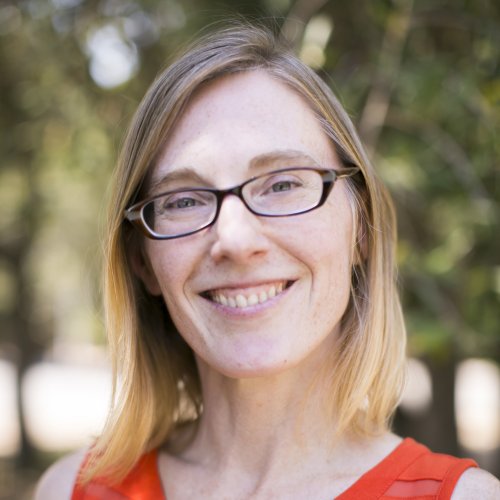
Jennifer
A.
Petersen

Jennifer
A.
Petersen
Tabs
Jennifer Petersen researches the implications of media technologies for the law and the historical constitution of emotion and reason in communication research, law, technology and public culture. She has written extensively on hate speech, the First Amendment and media technologies, and the history of media technologies and communication research. Her most recent book project, How Machines Came to Speak: Media Technologies and Freedom of Speech (2022, Duke University Press), shows how changes in media technologies, from silent film to computer code, have transformed the way that legal practitioners understand communication, ultimately enabling the inclusion of diverse objects and actions within the legal guarantee of freedom of speech. Her first book, Murder, the Media, and the Politics of Public Feelings: Remembering Matthew Shepard and James Byrd Jr. (2011, Indiana University Press), analyzed the media coverage and activism around two highly covered hate crimes to show how emotions propelled publics into being and became the rhetorical grounds for the passage of law. Her current research focuses on the history of conceptions of agency and intelligence in artificial intelligence, and the implications of AI for legal constructions of personhood.
She is the director of the graduate certificate program in Science and Technology Studies and is affiliated with the Center for Law, History, and Culture. Before arriving at USC, she worked at the University of Virginia, where she was an affiliate with the Department of Women, Gender, and Sexuality. She is also a former Lenore Annenberg and Wallis Annenberg Fellow in Communication at the Center for Advanced Studies in the Behavioral Sciences (CASBS) at Stanford University.
Awards and Honors
Fellow, Center for Advanced Study in the Behavioral Sciences, Stanford University, (2016-2017)
Fellow, Institute for Advanced Technology in the Humanities, University of Virginia, (2015-2017)
NEH summer grant (2014)
Books
How Machines Came to Speak: Media Technologies and Freedom of Speech, (2022, Duke University Press).
Book Chapters
“The View from the Machine: The Challenge of Ubiquitous Recording to Humanist Conceptions of Vision and Subjectivity,” (chapter from forthcoming book from the University of Massachusetts Press, 2021).
Journal Articles
“Regulating Film, Regulating Emotion: The Emotional History of Public Opinion,” (Critical Studies in Media and Communication, 2016).
“Behind the Screen: Visuality, Law, and New Media,” (The International Journal of Media and Culture, 2014).
“Can Moving Pictures Speak? Film, Speech, and Social Science in Early 20th Century Law,” (Cinema Journal, 2014).
“Is code speech? Law and the Expressivity of Machine Language,” (New Media & Society, 2013).
Media Coverage
Courses
COMM 311: Communication and Publics